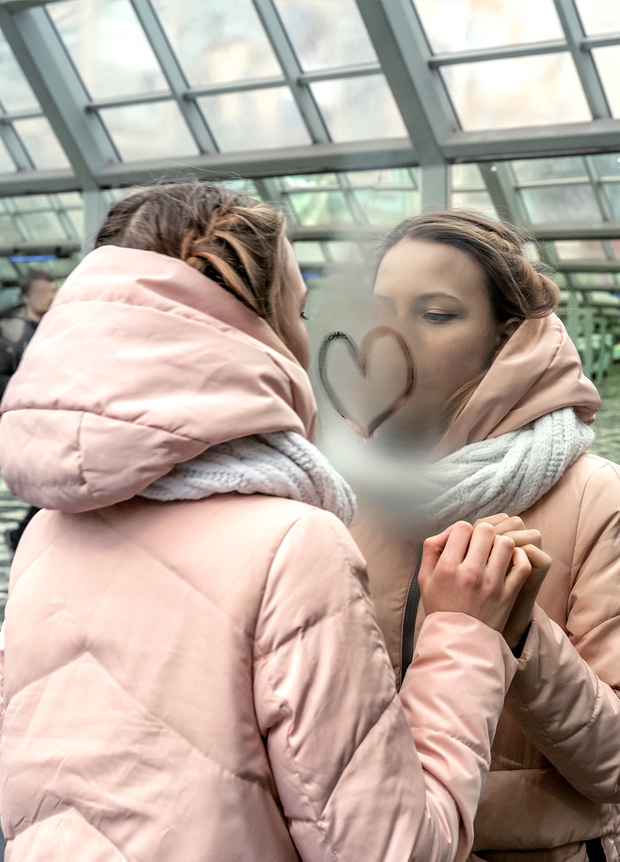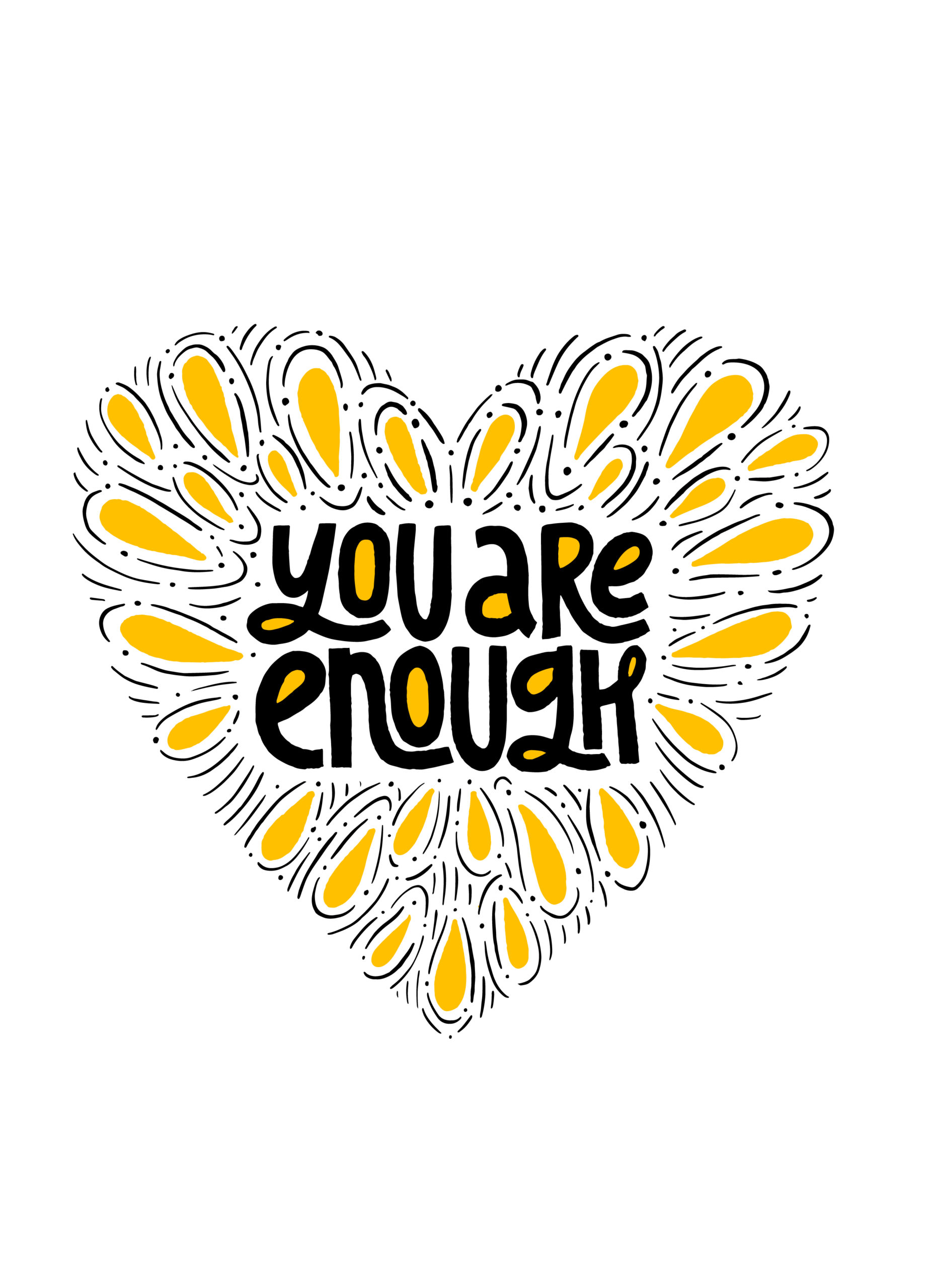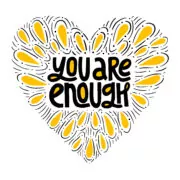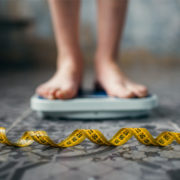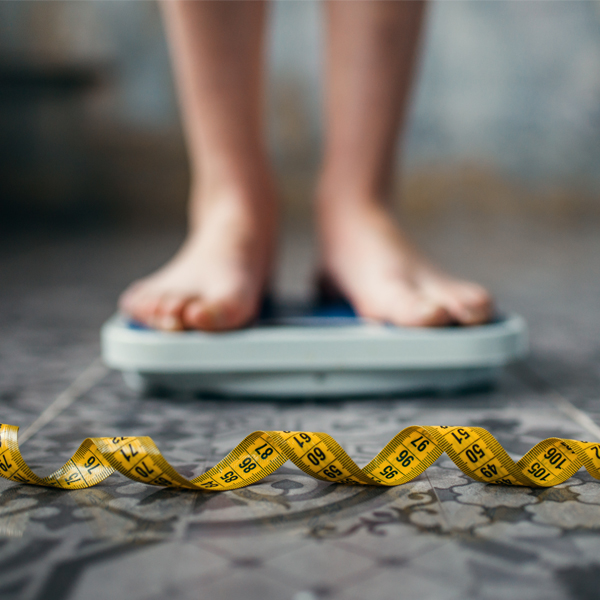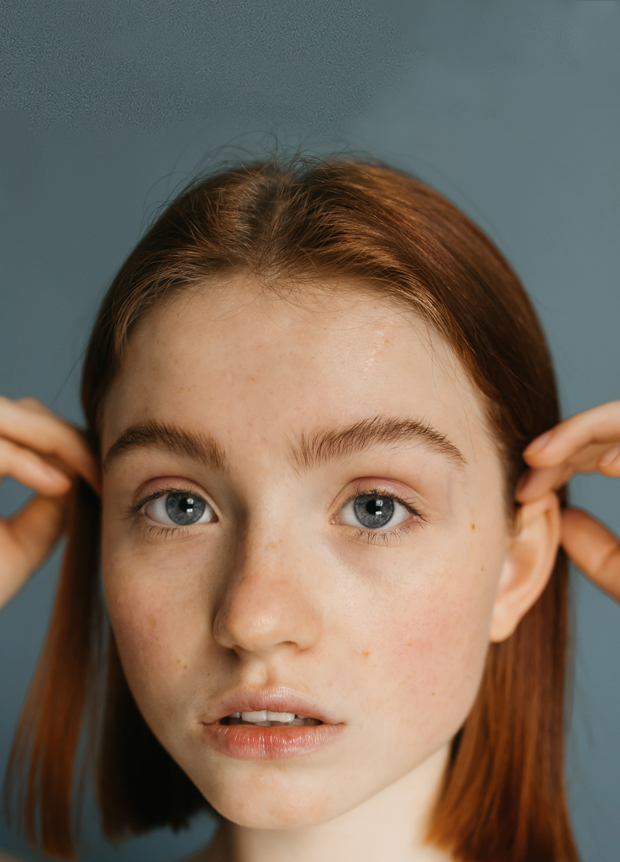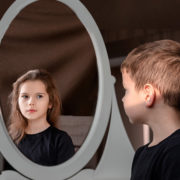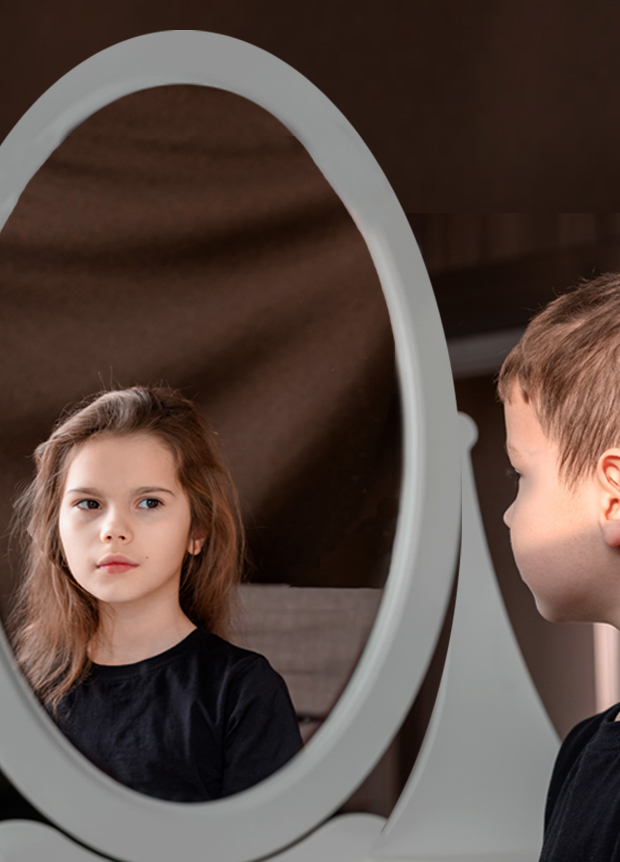Gender Dysphoria & Body Image
Written by Jen Bell
| Reviewed by Mason Dunn
Eating disorders in the transgender community
Transgender and nonbinary people experience the same diet-culture and social pressures about “ideal” bodies that cisgender (non-trans) people experience. In addition, experiencing transphobia or simply living in our strongly gendered society can cause gender non-conforming youth to struggle with their body image and self-esteem.
The incidence of eating disorders in the transgender community is much higher than in the cisgender population. One 2015 study found that 16% of college-aged transgender students surveyed had experienced or were experiencing an eating disorder.
Differences between gender dysphoria & body dysmorphia
Gender dysphoria and body dysmorphia are not the same thing, although some trans and nonbinary people may experience both. Body dysmorphia disorder (BDD) is a mental disorder, but gender dysphoria is not.
Gender dysphoria is the name for the distress and/or discomfort caused by the difference between a person’s gender identity and their gender assigned at birth. This can apply to boys and men who were assigned a female gender at birth, girls/women who were assigned the male gender at birth, and nonbinary people. People with gender dysphoria may identify as transgender and/or nonbinary.
It’s important to remember that not all transgender and/or nonbinary people experience gender dysphoria, and not all stress or discomfort experienced by transgender people is due to gender dysphoria.
Someone with gender dysphoria experiences discomfort or distress because their body does not reflect their true gender. On the other hand, a person with body dysmorphia experiences distress because they perceive flaws in their body or weight that do not exist.
With gender dysphoria, there is no failure to see the body as it is, and gender dysphoria can be eased by changing the body. For example, top surgery (a procedure to remove breast tissue) is known to help reduce or eliminate chest dysphoria for those who were assigned female at birth but whose gender identity does not include having breasts.
While gender dysphoria can be reduced by making changes to our bodies, this does not work for cases of body dysmorphia. People with body dysmorphia and eating disorders like anorexia don’t actually feel better about their body when they use eating disorder behaviors or have surgery, even if their body is physically transformed.
Healing body dysmorphia involves deep and long-term therapy, where one is encouraged to challenge their own thoughts. Whereas gender dysphoria can be improved with gender-affirming actions, like hormone replacement therapy or wearing different clothing.
Trans people face so much discrimination that they are less likely to seek medical care or psychiatric care. Transgender people with eating disorders need medical care, which is respectful of trans identities, and understands that gender dysphoria is not a mental illness.
Remember, there are many ways to counter the external challenges you will face in your journey to develop a healthy body image and self-esteem. Since Day 1, you’ve had everything you need within yourself – don’t let the world convince you that you do not. Know that YOU are inherently worthy and have the power to love yourself in the way you desire by making small choices and commitments to yourself everyday. Remind yourself of this truth daily. With practice it will get easier and you will likely start to notice a difference in the way you feel.



